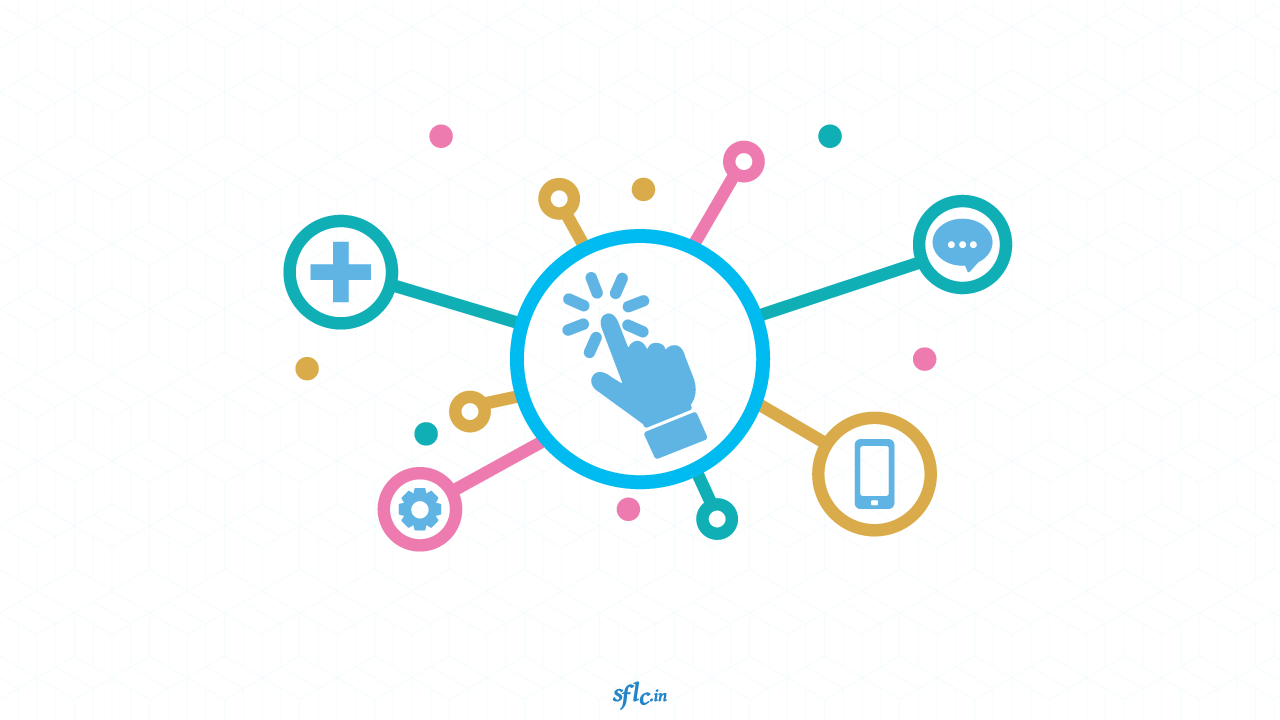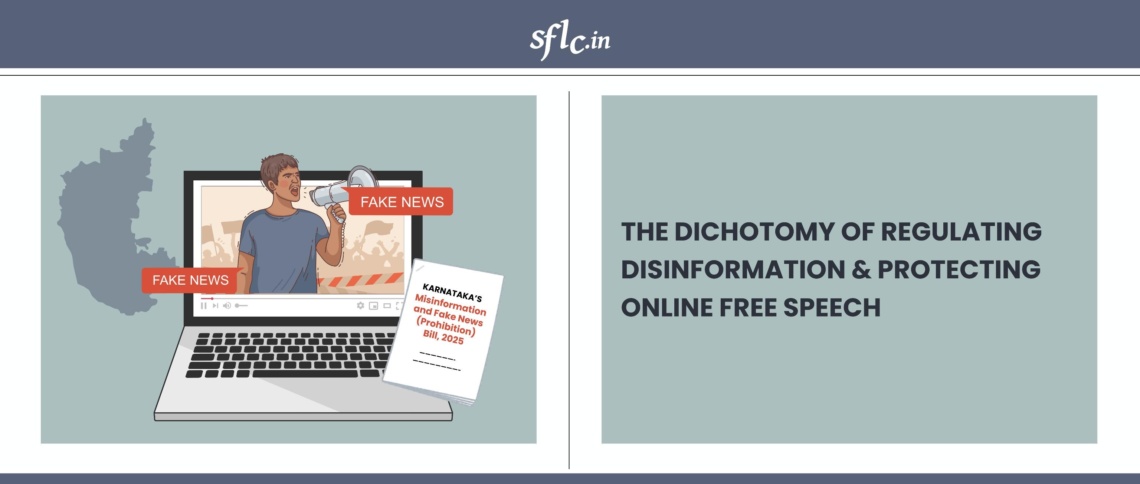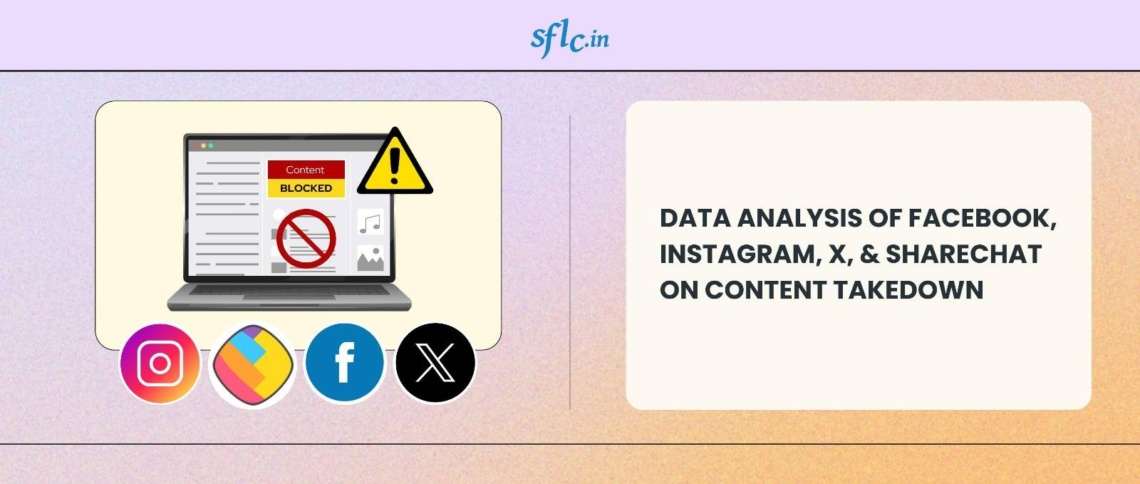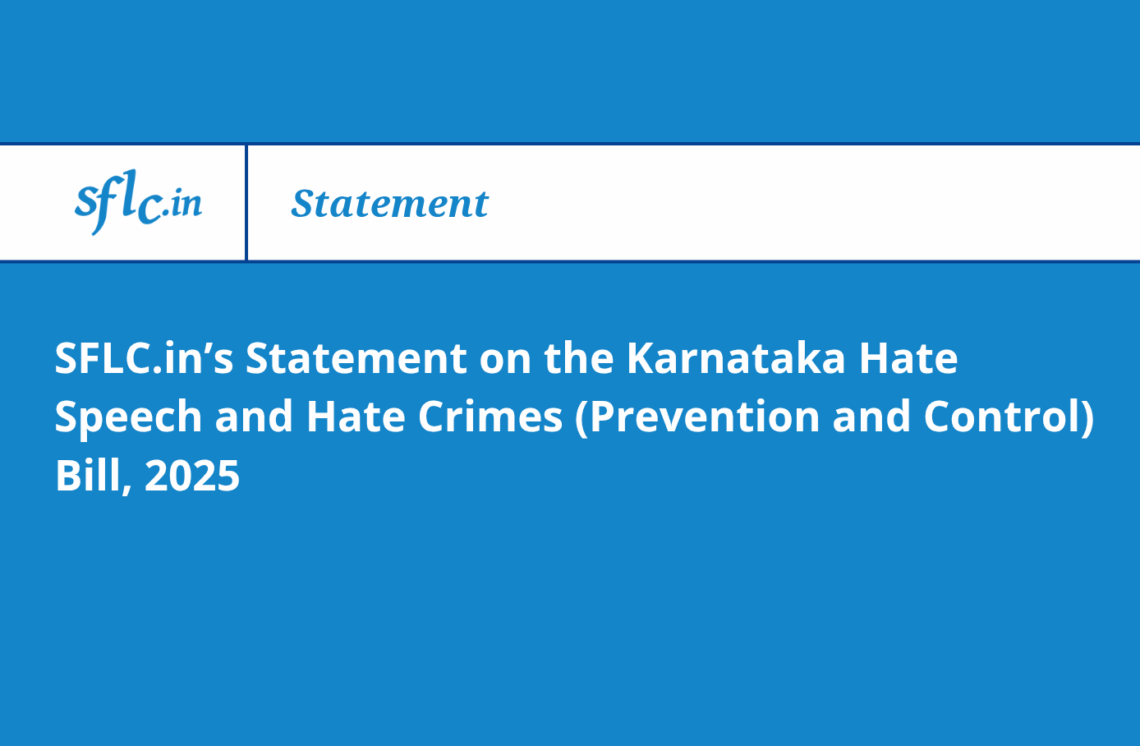Internet Governance in Times of a Pandemic
By Rahul De’ and Neena Pandey
With the almost 2-month lockdown mandated by the Indian government, the activities of many institutions have moved to the online space. Employees of all organisations are being asked to work from home, which means they log in to their office systems remotely and use file servers, video conferencing, social media and other telecommunication services even more than before. This is coupled with the increase in demand for hedonic uses of the internet – for watching movies, playing games, and video chatting with friends and family. This has led to an unprecedented rise in the demand for bandwidth, with cities like Bangalore registering 100% increases.
India still ranks low in the world with regard to internet penetration and access, and bandwidth availability. Though its access parameters have improved in absolute numbers in the last few years, it is still in the third quartile among all countries in the world. In times of crisis, such as the current one, where demand has spiked, it is the have-lesses and have-nots of internet access who are suffering the most.
It is with these two conditions in mind – spike in demand for internet resources, and low access of most people to the internet, that we raise the issue of governing the internet in these times.
Internet governance is a strange problem that has both international and national components. The international components, of assigning unique addresses and domain names, of resolving contentions over domain names, and many others, can only be resolved through international fora like the Internet Corporation for Assigned Names and Numbers (ICANN). The national components, though, are settled through policy in India and through Indian agencies. These consist of issues such as telecommunication policies for Internet Service Providers, ordering internet shutdowns, regulating content providers, and many others.
For the better management of COVID-19, which has been declared as a pandemic, the internet has become crucial for almost all activities of coordination and communication. Be it testing of afflicted persons, recording of details of location, planning for logistics of quarantines, or providing food and shelter to those affected – every bit of information crucial for managing these tasks is now carried by data packets on internet devices.
One fundamental principle of the Internet, and a basis for its governance, is that of maintaining network neutrality. This means that no packet on the internet is given a higher priority over another packet. Which means that an email from the Prime Minister has as much priority as an email from any of us. This principle has been challenged in many public debates and in court cases. As almost all physical services, such as moving packages or people or goods, have priority and category differentiation, think of first class and economy class passengers, it is difficult for most to understand why there cannot be such a differentiation for packets on the internet.
Debates aside, and there is considerable academic writing on this, the issue is – for developing countries like India, and for extreme situations like the one we are experiencing now, should we still adhere to the old rules of governing the internet, or should we seek new priorities. We have a few concrete suggestions, based on our research, we would like the Indian government to consider and, possibly, implement.
One, do not have internet shutdowns in any region, for any reason whatsoever. The internet and data connectivity has become a lifeline for many – citizens and administrators – and shutting it down through administrative fiat should be a strict no. Services such as healthcare, education, civil administration, along with most industrial organisations, are relying heavily on the internet. Many school, colleges and universities, for example, have moved their exams and interviews to the online mode. Further, doctors and hospitals are offering video conferencing modes for consultations. In such a situation, we cannot afford to have any part of the country cut off from internet access.
Two, encourage purely hedonic content providers, like movie and gaming sites, to throttle their streaming data volumes. Many, like Facebook, Netflix and Instagram, have already done so voluntarily. Other sites that provide gaming, particularly 3D gaming, consume high bandwidth and may be encouraged and advised to restrict their timings and data usage. The government distinguishes between essential and non-essential services in the physical world, and it may do the same for the online world also. Essential services, like supply chain coordination, medical consultation, may be given higher priority and bandwidth, than non-essential content, like TikTok videos.
Three, actively encourage sites that provide authentic news and verifiable information. With the COVID-19 spread, society is also witnessing a fake news pandemic. There are many sites on the internet that are propagating dubious news and advice on how to deal with the coronavirus. In one recent event, a fake remedy (of drinking alcohol) floating on social media led to 300 people being killed and more than 1000 falling sick in Iran. It is near impossible to find and restrict such sites, it is easier to promote reliable sites, along with information on how to spot and stop fake news. This requires working with major social media providers, while respecting the intermediary liability guidelines already a part of Indian law.
Four, encourage and promote data privacy regulations. Much data is now being collected on citizens regarding their travel histories and their contacts with others. This data is needed for controlling the spread of the virus, however, it is also being used for ‘naming and shaming.’ Some sites are releasing names of all those who have traveled, to what destinations and when, without permission of the citizens concerned. This is a direct violation of privacy and the Supreme Court guidelines and rulings on the fundamental rights of a citizen. This data may be used only for disease control and spread, and not for any other purpose.
Finally, it is important to remember that the internet has spawned a ‘gig-economy’ with a large number of workers employed informally. These services, such as ride-hailing or skill-contracting, are under lockdown also, and yet there is no provision for providing these workers lockdown compensation or any sort of benefits. The government may consider extending benefits to them also.
The internet is possibly the most powerful infrastructure humanity has ever invented. It holds the potential to both assist with situations of crisis and become a tool of mass surveillance and state control. We urge that governments use all the facilities, while at the same time upholding the fundamental rights of privacy and freedom of expression of citizens.

Prof. Rahul De’ and Neena Pandey are professors of Information Systems at IIM Bangalore and IIM Visakhapatnam respectively. Prof. Rahul De’ is also a Governing Body member of SFLC.in
Disclaimer: The opinions expressed within this article are the personal opinions of the author. The opinions appearing in the article do not reflect the views of SFLC.in and SFLC.in does not assume any responsibility or liability for the same.




